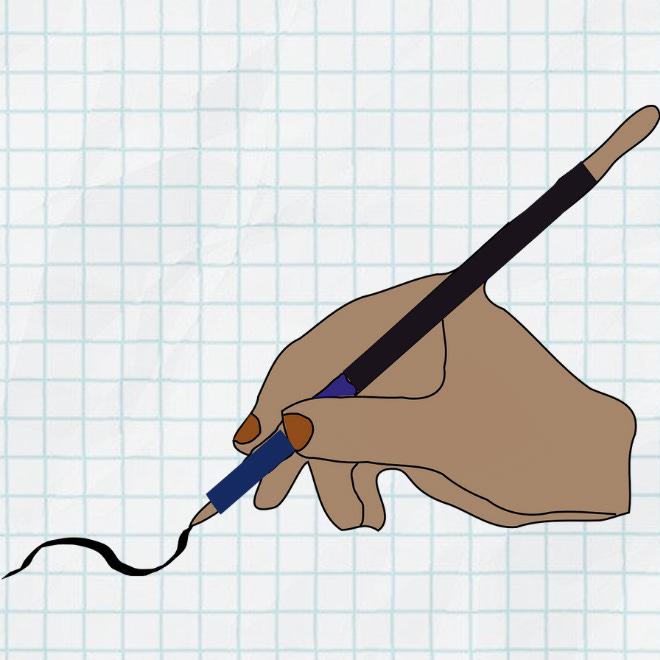“Rainbows do not visit the clear air; they only irradiate vapor.” (Quotation from Herman Melville, Moby-Dick, Ch. 85; Photo by Margy Thomas)
Walking home from the grocery store the other day, I got caught in the rain. Thanks for nothing, weather app! As I trudged along in the downpour, exchanging sympathetic glances with cyclists and fellow pedestrians, my thoughts started churning.
What preoccupied me wasn't the soggy condition of my cereal box or produce, as you might expect. Instead, my brain leveraged this moment of everyday inconvenience to wedge open the crate of existential worries stored near the back of my consciousness. I started ruminating:
Am I on the right path in life?
What mistakes do I not even realize I'm making?
Have I ever been truly seen before? Could I ever be?
On my deathbed, what will be my greatest regrets?
On this sad walk home, the drenching of my groceries became a symbol of the precariousness of life and the specter of futility lingering over every human endeavor. My imagination ran wild envisaging many other, larger ways that life has gone and could go terribly wrong.
There was nothing to do but keep walking, so walk I did. But then, two-thirds of the way home, the rain stopped.
Wet hair plastered to my forehead, forlorn paper bag disintegrating in my hands, I lifted my eyes up from the sidewalk puddles and witnessed the scene in front of me. There, in a glittering arch over my neighborhood, unconcerned with how clichéd this story would sound later, was a rainbow.
An unironic sense of sublimity filled my heart. I thought of my favorite passage in Moby-Dick, which is excerpted in the photo caption above, and of a beloved poem by Wordsworth.
Most importantly, I remembered my thought-prism, which is what I call my mental model of reality that I carry around in my head at all times and use to process my experience. Like a rainbow, my mind works by refraction. Thought refraction is what happens when my thoughts hit an obstacle, slow down, and bend along oblique angles according to their constituent wavelengths. When a thought refracts, or breaks, in this way, its hidden structure is revealed, and larger meanings can be perceived.
Whenever I see light refracted in the world around me, whether a rainbow, a water glass, a sun catcher, or an oil slick, I take it as a little reminder from the universe of my thought-prism’s restorative power.
In times of frustration, from the trivial to the cataclysmic, it’s natural to reach for strategies that give us a sense of agency. We look for the tool, the positive reframe, the channel to sublimate anxious thoughts into productive action. But as we deploy all these useful (and effortful) techniques, let’s also appreciate what takes no effort at all: receiving the perfect if ephemeral offerings that appear right in front of us as if by a miracle.
For me on that rain-soaked walk home, the gift I was offered was a prismatic reminder that no matter where I go, what obstacles I encounter, or what fate befalls my literal or metaphorical groceries, I always carry within me the power to imagine that, as Ishmael put it in Moby-Dick, “Surely all this is not without meaning.” You have that power within you, too.
What perfect, if ephemeral, gift is this #AcWriMoment offering to you today through no effort of your own?
Check out the free Scholar Magic course for exercises that can help you connect with your unique purpose as a scholar and human. Exercise 3, in particular, is useful for finding your way back to center when you feel disoriented or discouraged. Make sure you’re also subscribed to the ScholarShape Substack so that you receive the first entry when it’s posted!
Margy Thomas, creator of ScholarShape








Margy, the perfect gift that I found in today's prompt is your image of "thought refraction"" a prism that we can hold up at any moment to see the rainbow in the "irradiated vapor" of a cloud. Every challenging moment in our writing lives -- every #AcWriMoment -- has something beautiful and precious to show us, if only we can refract its light to reveal the patterns we need to see.
ooooo, what a lovely reminder of how useful it is to pause and stay rooted in the moment, even when what it has to offer is terribly uncomfortable. This moment is reminding me of the power of regular, sustained interaction with people who care about the same things I do. Thanks Margy!